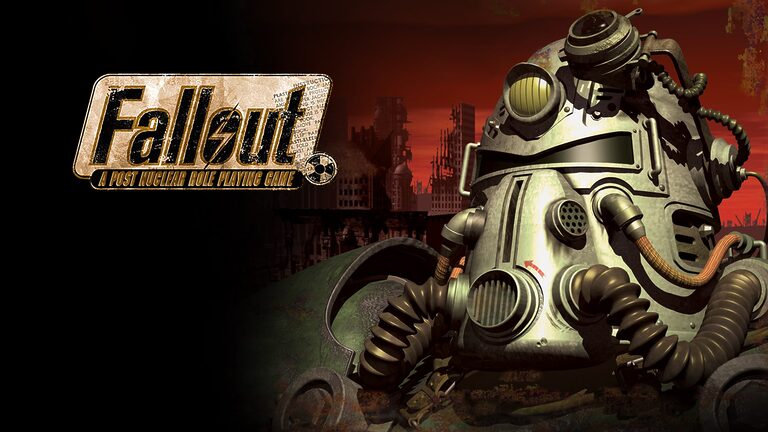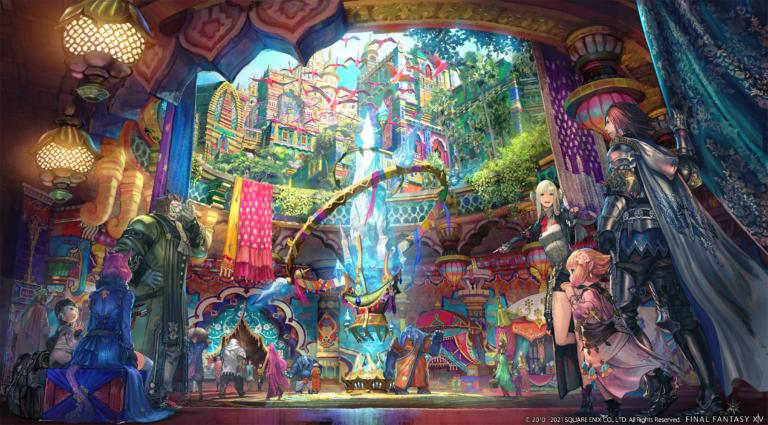You can make an analogy that a game of Dungeons and Dragons or Vampire the Masquerade or any table top RPG is actually like a 4v1 game like Dead by Daylight except it can be more or less players depending on your group. This asymmetrical dance has the dungeon master as the one responsible for keeping everyone’s attention and guiding the events of the game while the players fight against their machinations in a world they’ve either created or borrowed from a wealth of wonderful artists.
There’s so much information out there on the many ways to craft stories and many stories to borrow from that are engaging and today we’re not talking about the specific stories; we’re talking about getting the players invested into the story. That starts with a few things.
Ignore Popular Advice
I usually love popular advice for many reasons; if it works for enough people then it should work well for me. This is one of those rare instances where I’d argue otherwise. Going for things that can be expected or called out can often make the game more of a chore in sections. A popular plot point for instance is having one of the NPCs or the GM themselves turn into the final boss.
Yet of course doing so can work great if you’ve done all of the worldbuilding and made it convincing and engaging and all of that. A more easier method would be to figure out how to work outside the boundaries of nominal storytelling.
Defining Common Tropes
The most common tropes are going to make the story and the campaign feel less engaging even if the common tropes are really neat in their original contexts. For instance, a game with the core four roles is going to just by its very nature be a trope of a Fighter, Mage, Cleric and Thief. No matter how you dress it up, that’s what the group is going to be.
That’s fun but if the group isn’t around for some basic DnD then you’ve got to get creative. Start by defining what those common tropes are for the set of players you’re working with and then go outside of the box. If you are looking at just regular ‘ol DnD check out our DnD class tier list for the best classes to pick.
Why? You want to avoid what everyone has likely done already. If it’s common and it’s in most games then it’s going to be very not fun. Depending on the group, this can vary so giving you some steadfast list of what to avoid and what is common can be quite difficult. A group that is constantly playing highly in-depth table top games may find new life within a basic dungeon crawl with only the lightest hint of story.
Likewise, a group may enjoy the fact that every class has to be thought of with a mix of unusual skills to get through the dungeon and the encounters. Remember the ruleset provided is to help balance everything for everyone but it doesn’t mean you can’t have some fun with the rules yourself.
Engaging Worldbuilding and Storytelling is Literally It
To really engage the audience, you need to tell a great story. You can buy great stories or you can craft your own, but they need a variety of things that a lot of better storytellers than me could just fill you full of wisdom on. You should research storytelling and worldbuilding. Watch videos on tropes and what to avoid. Read a lot of others work even if you don’t use it. Mix and combine ideas.
There is something to be said about using works others have made….
A standard adventure gives you everything for a good story and a great time together. Good rules to follow, a map and everything laid out for you. It is however, likely a game others could have played before (and replaying an adventure can be fun).
You can take that adventure and work on it, take notes, make modifications, etc. and even rebuild the map and you’ve already heavily upleveled your game.
…. and making your own story as well.
For instance, your story can involve whatever you want!
Of course it can also involve lots of things others don’t want as well. So it’s important that an engaging story is a story that is in-depth, detailed and accessible.
Accessibility
The great thing about out of the box adventures is that they’re pretty accessible. If you’re going with your own adventure you’re going to want to definitely think about accessibility. The skill level of the group you’re playing with and maybe some options for players who might not pickup on some of the clues. Not everyone is reading the game masters mind (or well, no one should) and that’s all part of the fun.
Make an inclusive story that’s supportive of everyone in your group. Outright avoid sensitive topics and anything triggering to anyone participating and respect any one members boundaries. When crafting your adventure or even using an adventure off the shelf, have sensitivity and a soft hand when dealing with other players even if your campaign may involve the whole party wiping on purpose in a fiery blaze of doom.
Players Decisions Matter but the Story Needs to Advance
Keeping things moving is important and driving players somewhere or “railroading” if you will is a bit of a requirement sometimes. A lot of seasoned gamemasters who have dealt with a lot of “railroading” do not want to experience those games again and rightfully so. Player agency is important!
Yet don’t be afraid to pull players back to the main goal of the adventure. Don’t be afraid to have some monsters blocking paths the players creatively try to go down or come up with some ways to push players back into the right direction. The key is to do it with a soft hand and gently, where players don’t feel as if their ideas aren’t valid and their choices and roleplay don’t matter.
Respect Everyone’s Time
You should have:
- Quick Turns
- Combat that moves quickly, but engages the storytelling.
- Well established rules of engagement, proper timers and respect the timers.
- Everyone should get equal time for their turns.
- Exceptions for roleplay should be granted on a case by case basis.
Following that list and any logical additions you could make for your group will help a lot in managing expectations.
Finally: Manage Expectations
Make sure everyone knows exactly what they’re signing up for. Is each session an episode? How long will the campaign last? Etc. etc. For players to be engaged they have to know exactly what they’re engaging with. To make the best adventures, you should really focus on making sure everyone is well informed and comfortable with everything.
I hope this article has helped get your creative juices going and uplevel your roleplaying nights! Have fun rolling the dice!






